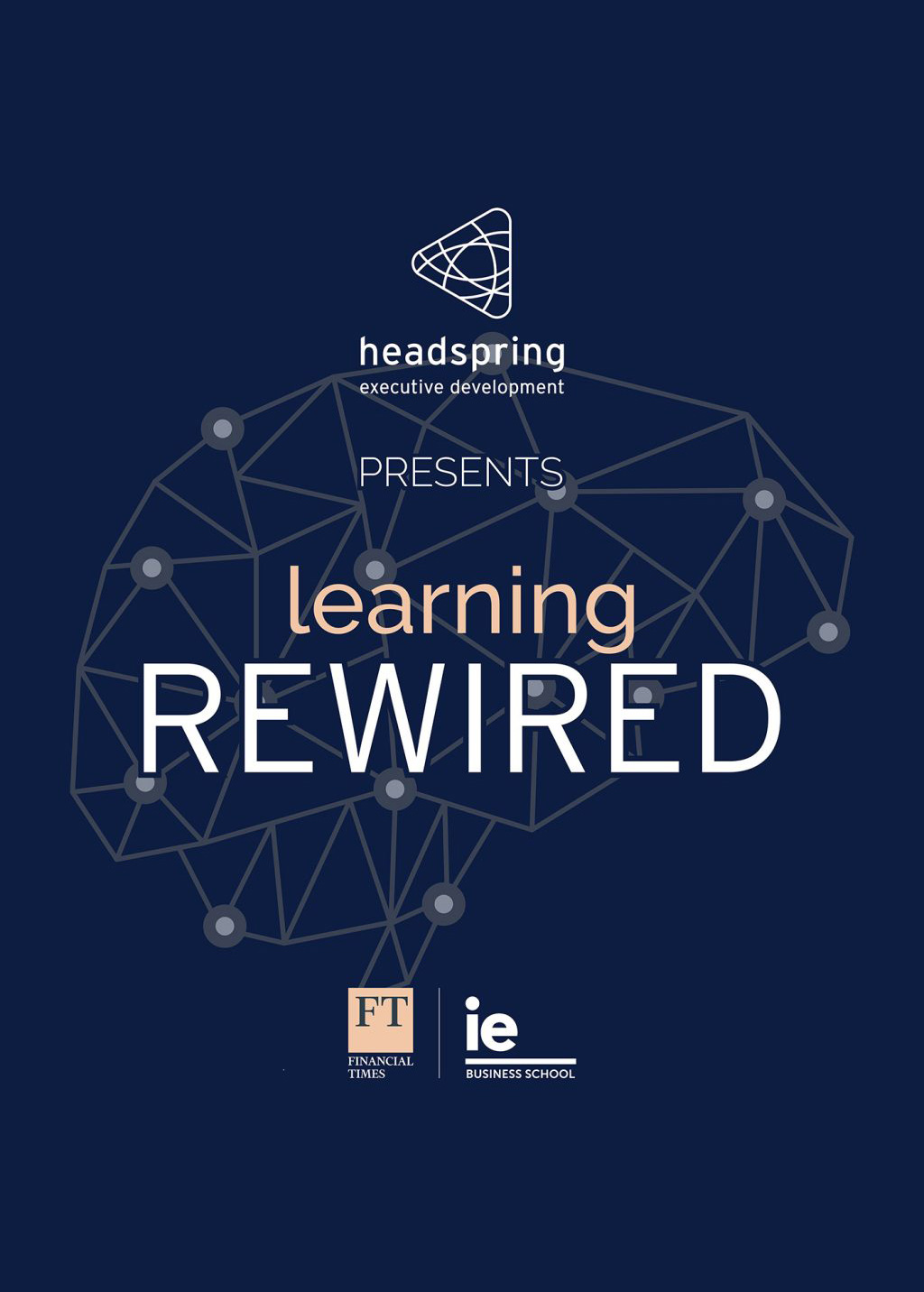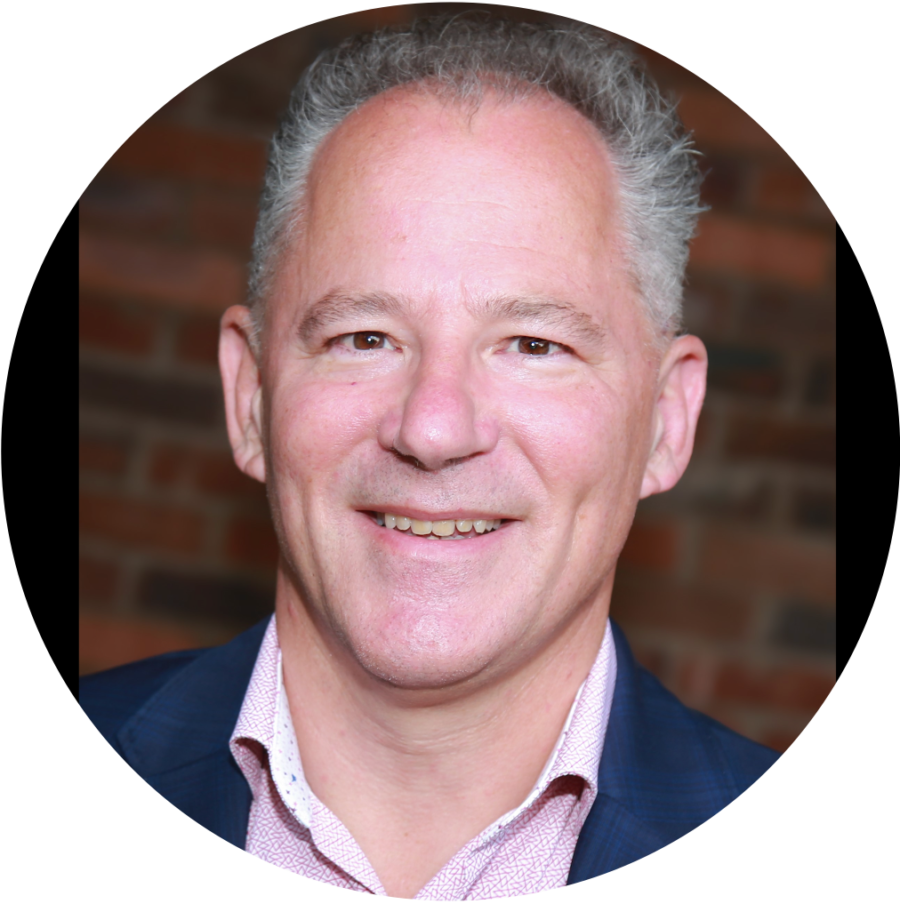Dr John Blakey is a global CEO coach, author of The Trusted Executive and Founder of The Trusted Executive Foundation, which helps CEOs create a new standard of leadership defined by trustworthiness.
John is considered an authority on trust and leadership and his expertise is sought-after by organisations and the media worldwide based on his experience as a corporate leader, entrepreneur and CEO coach.
With 20 years’ experience coaching CEOs and their teams along with his prize-winning research at Aston Business School when he interviewed 70 CEOs and surveyed over 500 board-level leaders, John knows how leaders can develop trust in themselves as a leader, build positive relationships with employees and lead truly transformational change within their organisations.
This laser-like focus on trust helps leaders create purpose-led, high-performance cultures built on the values of trust and challenge.
Learn more about Dr John Blakey 
